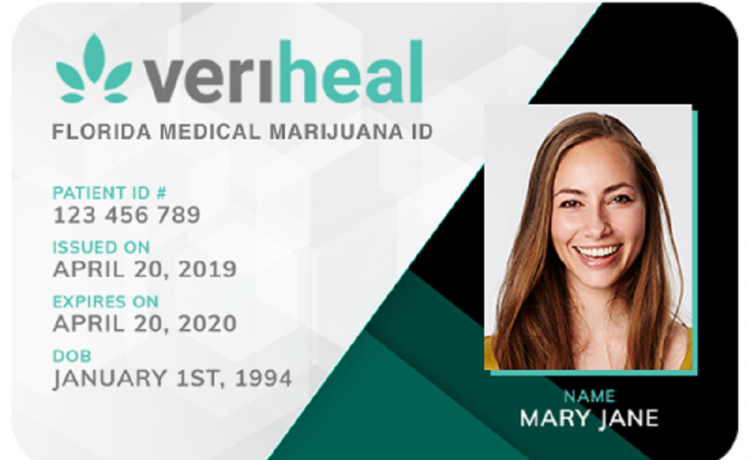In Florida, low-THC oil and medical marijuana are available for qualified patients. In the state, only licensed medical marijuana treatment centers (MMTC) are legally authorized to dispense, process, and cultivate both the low-THC oil and medical marijuana.
Currently, advocates are seeking more commitment from the government to address the necessary amendments to the existing medical marijuana program in the state. As of now, eight bills need approval.
One of these local bills seeks to waive the $75 fee for veterans purchasing medical marijuana card in Florida. Through this bill, the advocates want to exempt all veterans from paying fees to renew, replace, or attain the said card. To recap, this suggestion is the brainchild of Senator Gary Farmer (D). He previously sought to add this provision as an amendment to the 2019 marijuana bill but failed in his endeavor.
This year, Janet Cruz, a Tampa Democrat, again filed the bill in the Senate. Adam Hattersley, a Riverview Democrat, and a Navy veteran filed the same bill in the House. Unfortunately, neither of these versions was brought up in any committee. Hopefully, the said bills will be tackled soon.
So, what is a medical marijuana card?
A cannabis card, also known as MMID, is a type of ID that patients used to enter cannabis clubs or medical dispensaries to buy the plant they need to treat their respective health symptoms or ailments. In Florida, this card also functions as a form of permission for the bearer to grow cannabis at home and access delivery services for medical marijuana.
These are cards issued by the Florida Department of Health, but any patient that wishes to take advantage of this card must secure a signed endorsement from his physician. Both the doctor and patient have to agree that cannabis is an effective treatment option for a specific condition. Aside from that, the patient’s medical condition should comply with the pre-set qualifications set by the state.
After securing the recommendation, the patient can now submit their application with the Florida Department of Health and pay the corresponding fee. The doctors cannot directly prescribe cannabis to the patient because the said plant is still illegal in the state.
How can you apply for an MMID in Florida?
The application process for an MMID in Florida, along with its technicalities, varies from other states. With this, you can expect that some states are more liberal than Florida. As the legalization of cannabis continues to expand, the processes also evolve for patients seeking to secure a medical marijuana card.
Notwithstanding these differences in procedures, the process of securing a medical marijuana card in Florida involves the following steps:
1. Book an appointment with a licensed physician in the state.
For those who are terminally ill or younger than 18 years old, the concurrence of a second physician should reflect in your medical records. Prepare your medical history ahead of time before you book an appointment with a licensed medical marijuana doctor.
2. Undergo an evaluation with an MMJ physician.
The consultation usually lasts for 15 minutes and is devoted mainly to assessing your ailments. Take this time to ask any medical marijuana-related questions. Your doctor will relay your information through the state-run Medical Marijuana Use Registry. In Florida, it is also necessary for you to provide proof of your residency.
3. Get approved
Once your application is approved, you need to wait for your medical marijuana card to arrive. It usually takes two to three weeks before you can receive it. Once you have it, you can now start buying marijuana legally from the dispensary in the state.
Remember that your MMID in Florida is only valid for 210 days. Should you need it after its expiry, you can have it re-certified once every 70 days. Otherwise, your MMID will be invalidated. If you are suffering from a medical condition that can be alleviated by medical marijuana, seek the help of licensed medical marijuana doctors today.









